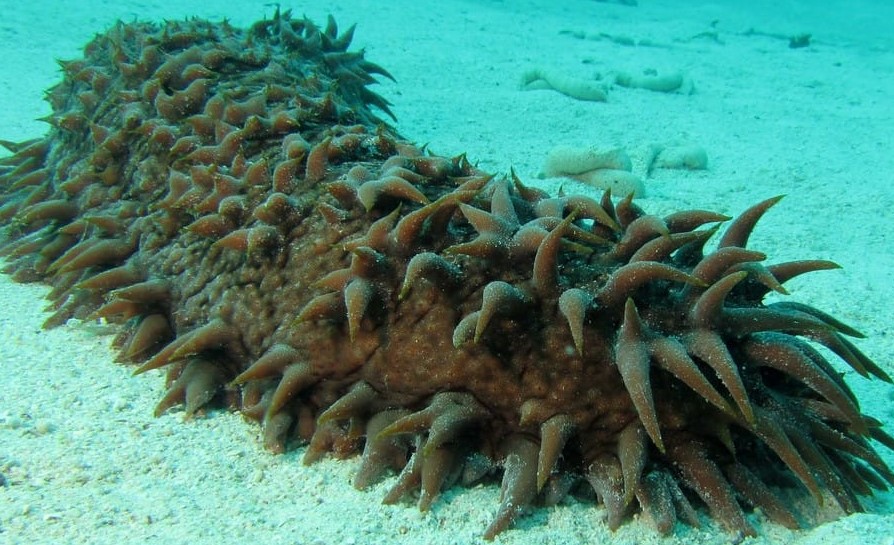Because of the warmer temperatures in tropical oceans, such as the Pacific, more decomposer organisms can be found. In marine ecosystems, bacteria are the most common decomposers. In addition to fungi, marine worms, echinoderms, crustaceans, and mollusks, there are other important decomposers.
Only bacteria and fungi can decompose in the colder ocean waters since other creatures cannot survive.
It is possible for ocean decomposers to gather dead material to feed on in a variety of ways. Besides hunting and eating live food, echinoderms like sea urchins, sea stars, and sea cucumbers also move around and consume decaying organic matter.
Like the Christmas tree worm, marine worms have feathery appendages that they use to catch organic matter floating in the water. Often called macrodecomposers, these large marine organisms decompose large amounts of organic matter.
This Christmas tree worm, Spirobranchus giganteus, uses its feathery appendages to capture organic matter in the water.
Echinoderms decompose dead organic matter in the ocean by moving along rocks and other stationary surfaces, including the granulated sea star, Choriaster granulatus.

